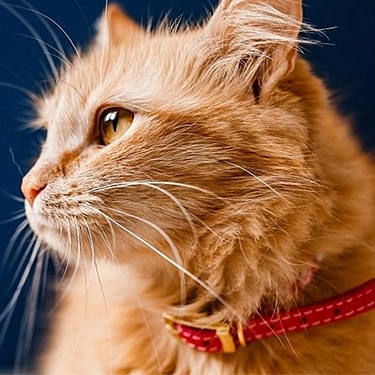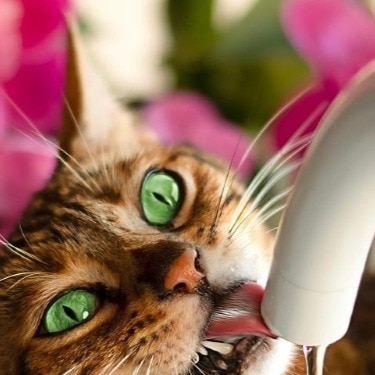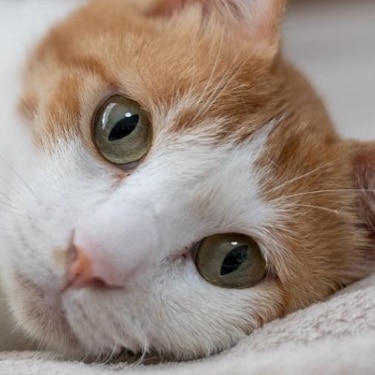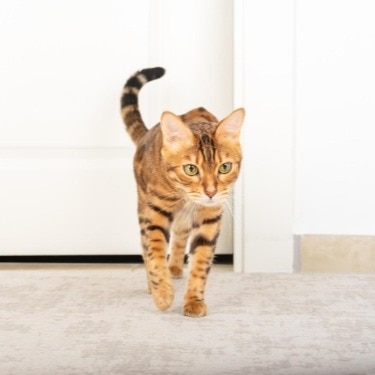
-
Find the right food for your petTake this quiz to see which food may be the best for your furry friend.Find the right food for your petTake this quiz to see which food may be the best for your furry friend.Featured products
 Adult Chicken & Barley Recipe Dog Food
Adult Chicken & Barley Recipe Dog FoodSupports lean muscle and beautiful coat for adult dogs
Shop Now Hill's Science Diet Adult Chicken & Beef Entrée Dog Food
Hill's Science Diet Adult Chicken & Beef Entrée Dog FoodChicken & Beef Entrée in a delicious loaf with complete & balanced nutrition to help keep adult dogs active and healthy
Shop Now Adult Large Breed Chicken & Barley Recipe Dog Food
Adult Large Breed Chicken & Barley Recipe Dog FoodSupports healthy joints, lean muscle, and beautiful coat for large breed dogs
Shop NowFeatured products Senior Vitality Adult 7+ Tuna & Vegetables Stew
Senior Vitality Adult 7+ Tuna & Vegetables StewImproves Everyday Ability to Get Up & Go
Shop Now Adult Turkey & Liver Entrée Cat Food
Adult Turkey & Liver Entrée Cat FoodPrecisely balanced nutrition with the delicious taste of minced turkey & liver to help fuel the energy needs of cats during the prime of their life
Shop Now Adult 7+ Indoor Chicken Recipe Cat Food
Adult 7+ Indoor Chicken Recipe Cat FoodSupports energy level and beautiful fur in mature indoor cats
Shop Now -
Dog
- Dog Tips & Articles
-
Health Category
- Weight
- Food & Environmental Sensitivities
- Urinary
- Digestive
- Joint
- Kidney
-
Life Stage
- Puppy Nutrition
- Adult Nutrition
- Senior Nutrition
Cat- Cat Tips & Articles
-
Health Category
- Weight
- Skin & Food Sensitivities
- Urinary
- Digestive
- Kidney
-
Life Stage
- Kitten Nutrition
- Adult Nutrition
Featured articles How to Properly Mix Wet & Dry Pet Foods
How to Properly Mix Wet & Dry Pet FoodsAn Orange cat eating from a bowl filled with mixed food
Read More What Is Littermate Syndrome? Pet Adoption Guide
What Is Littermate Syndrome? Pet Adoption GuideLearn more about littermate syndrome in dogs and cats and how to successfully navigate adoption and early socialization processes.
Read More The Science Behind Our Love for Pets
The Science Behind Our Love for PetsLearn the scientific reasons why we have such strong connections with our pets, and what science says about the love between humans and our furry friends.
Read More -
Kidney health for cats
Kidney health for cats
What is kidney disease in cats?
Chronic kidney disease (CKD) is defined as any abnormality of one or both kidneys that has been present for several months. It is a common condition, affecting about 1 of every 3 cats.1
Your cat’s kidneys play a vital role in removing metabolic wastes from the bloodstream, regulating fluid and electrolyte balance, producing or activating important hormones and helping control blood pressure. If your cat’s kidneys cannot do their job properly, CKD can eventually lead to life-threatening problems.
What causes kidney disease in cats?
The cause of CKD in cats often is unknown; however, several factors
may be involved that could increase your cat’s risk of developing
kidney disease:




Early detection of kidney disease in your cat
Catching CKD before signs become obvious is important since signs do not typically appear until 75% of kidney function has been lost. At 7 years and older, a cat’s kidney disease risk increases, so be sure to get a “senior screening” during their annual check-up. CKD is progressive and irreversible, but your veterinarian can help provide long-term care and show you how to track signs in older cats.
What are the signs of kidney disease in cats?
The signs of early-stage kidney disease are not visible. On diagnosis, CKD has already been present for some time but may be managed with the help of vet-recommended cat food for kidney disease. Signs of late-stage kidney disease tend to be similar but are far more noticeable to pet parents.



















Nutrition for cats with kidney disease
If your cat has kidney disease, the nutrition formulated for them can help make an impact on their lives. Specially formulated therapeutic foods that contain decreased amounts of phosphorus and highly digestible protein, and increased omega-3 fatty acids from fish oil have been shown to support quality and length of life in cats with CKD compared to feeding a non-therapeutic food.
Your cat’s appetite may vary over time when they have CKD and offering different forms (dry, stews) and flavors of an appropriate food recommended by your veterinary healthcare team can be very helpful. The single most important thing you can do is make any changes to a new food gradually because some cats need several weeks or longer to get used to a new food.
What about using a homemade diet for cats with kidney disease?
While it has gained some popularity online, using a homemade food (or a raw food) for cats with kidney disease requires you to take into account several factors, including contamination risks, balancing nutrients, and the overall cost. When looking into nutritional options for cats with kidney disease, it’s always best to get a specific recommendation from your veterinarian.
Nutrition for cats with kidney disease
If your cat has kidney disease, the nutrition formulated for them can help make an impact on their lives. Specially formulated therapeutic foods that contain decreased amounts of phosphorus and highly digestible protein, and increased omega-3 fatty acids from fish oil have been shown to support quality and length of life in cats with CKD compared to feeding a non-therapeutic food.
Your cat’s appetite may vary over time when they have CKD and offering different forms (dry, stews) and flavors of an appropriate food recommended by your veterinary healthcare team can be very helpful. The single most important thing you can do is make any changes to a new food gradually because some cats need several weeks or longer to get used to a new food.
What about using a homemade diet for cats with kidney disease?
While it has gained some popularity online, using a homemade food (or a raw food) for cats with kidney disease requires you to take into account several factors, including contamination risks, balancing nutrients, and the overall cost. When looking into nutritional options for cats with kidney disease, it’s always best to get a specific recommendation from your veterinarian.
Related products

Metabolic Treats to help support healthy weight loss and weight maintenance, and are a great complement for cats being fed other Prescription Diet weight loss or maintenance feline food.

Clinical nutrition formulated to help cats lose weight and manage blood sugar

Treats for cats with food sensitivities, related skin conditions and sensitive stomachs

Clinical nutrition formulated to help cats lose weight and help manage blood sugar
Related Articles

If your cat has bloody stool, you may wonder if she needs an emergency trip to the vet. Learn more about the reasons for blood in cat stool.

Learn why feline hydration matters, the signs of dehydration in cats (including two tests you can try at home) and how to support healthy hydration habits.

If your cat's vomiting blood, you're naturally concerned. Here's what you should know about a cat throwing up blood, including possible causes.

Discover everything you should know about cat inflammatory bowel disease, including signs, causes and what to expect from your veterinarian.
References: 1Lulich JP, Osborne CA, O’Brien TD, Polzin DJ. Feline renal failure: questions, answers, questions. Compend Contin Educ Pract Vet. 1992;14(2):127–153. Brown SA. Renal dysfunction in small animals. The Merck Veterinary Manual website.

